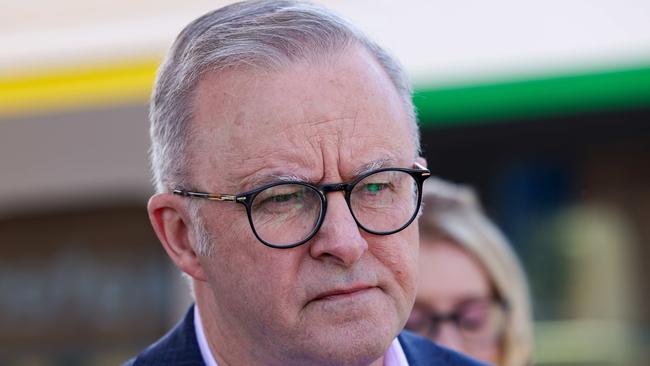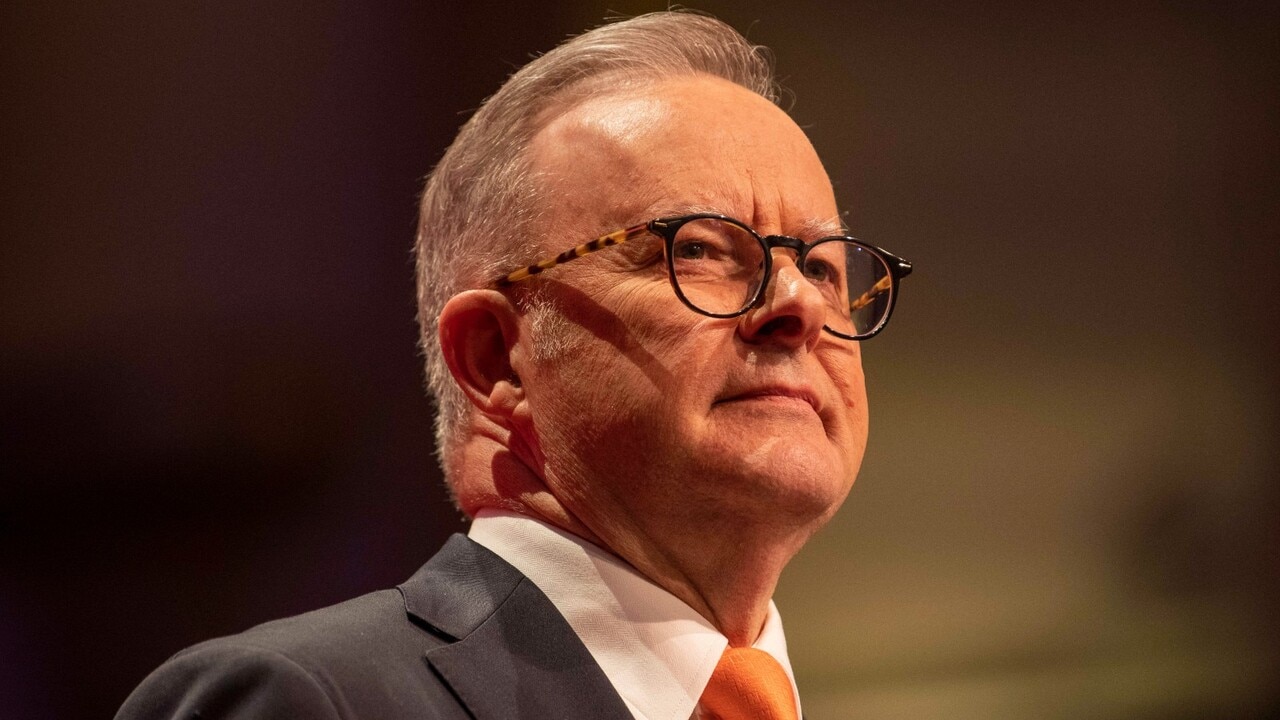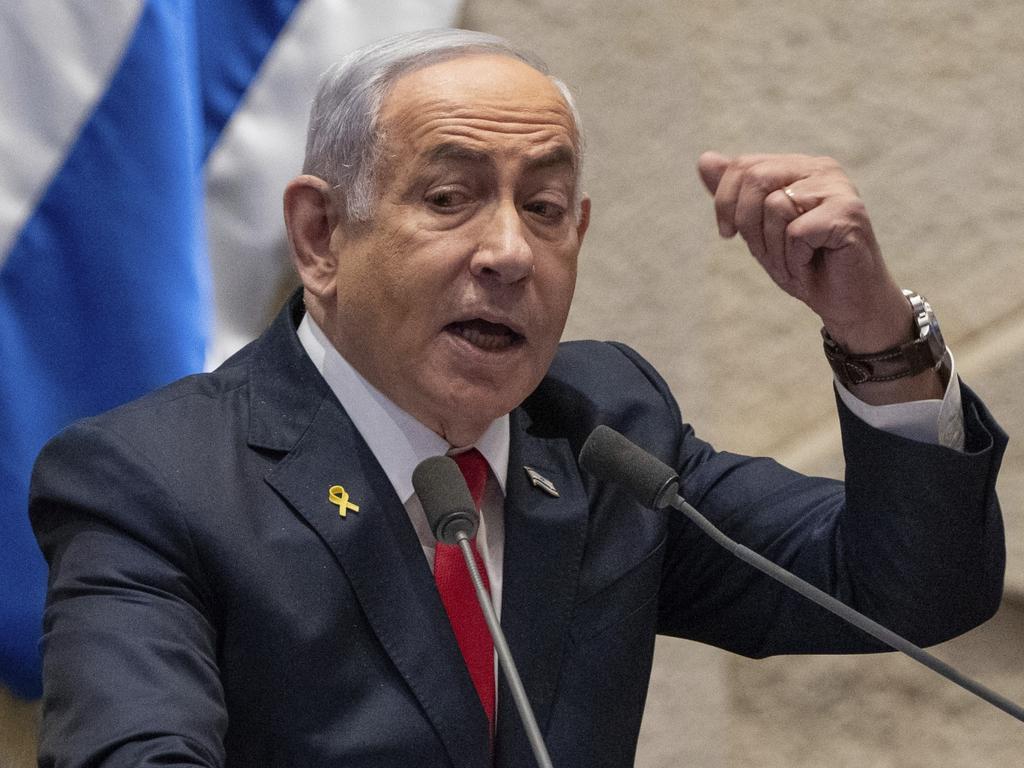
This began long before Friday morning’s arson attack on a Melbourne synagogue and accusations that the Prime Minister was again slow to act.
The Coalition identified this vulnerability in Albanese long ago and has successfully sought to fuel it.
But the Prime Minister has himself to blame for allowing this assessment to settle with voters.
The special Newspoll survey tracking voter perceptions of the key character traits of both leaders identified this problem for Albanese a year ago. The bulk of the surveys in the latest poll were taken prior to news of the arson attack.
Following the failed voice referendum, Albanese’s rating as a strong and decisive leader was below any prime minister since 2008 when this series was started by Newspoll.
One could argue with some sense of certainty that it would also be true going back a lot further than that. It is unlikely John Howard, Paul Keating or Bob Hawke would have scored as poorly on this measure.
What would be concerning for Albanese is that the latest numbers show a further decline in the past six months. He has dropped four points to just 44 per cent.
By way of comparison, Albanese’s score on this is almost half of what it was for Julia Gillard in the months after she removed Kevin Rudd from office.
The only PMs to have come close to Albanese’s numbers were Malcolm Turnbull in 2017 and then Scott Morrison at the close of 2021.
But both had the advantage of at least being ahead of their opposition rivals on the same measure.
This is not the case for Albanese.
Peter Dutton now enjoys a significant lead on this attribute. In the current environment, it is a measure that has becoming increasingly more germane to the leadership contest than most others. And largely because the Coalition has been successful in flogging it for the past 18 months.
While it is a key measure, it is not the only one that matters.
Albanese has also lost an advantage he once held over Dutton on being in touch with voters.
He is becoming increasingly less so. He is also losing ground on the two key features he has tried to hang his leadership on – being liked and appearing caring.
Dutton is also ahead on having a vision for the country, whether voters agree with that vision or not.
How much all this matters in an election campaign will depend on what the environment will look like between March and May. No one can yet predict what issues and events may come to dominate.
Dutton has equity in those qualities that may suit the bleakness of the times.
The image of Dutton, much like Tony Abbott, and whether you agreed with him or not, is partly about what he stands for.
This is a feature demonstrably absent from Albanese’s leadership.
The question comes down to what may be a more conventional choice between two contrasting leadership propositions.
The uncertainty lies in the inability to foresee what events and issues will come to dominate the environment between March and May.
And if the two-party-preferred vote is at 50-50, this question becomes more critical to the campaign.

The latest poll continues a trend that suggests a rolling exchange of votes at the margins; movement between the Greens and Labor and the Coalition and One Nation.
In explaining why the numbers are as they are, consumer confidence is a good parallel to political polling. Both are indicators of mood.
This month’s consumer confidence is up, suggesting a rise in optimism. And optimism about things getting better will advantage Labor while making it very difficult for the Coalition.
But the fundamental problem for Labor remains.
Its vote is too low to be re-elected with a majority, and the Coalition is still within range for an upset.
The consistency of Newspoll demonstrates that we remain in hung parliament territory where there can be no certainty around who would form government. On these numbers, however, the money would have to still be on Labor.






The view of Anthony Albanese as being gripped by indecision and weakness of leadership is becoming perilously entrenched.